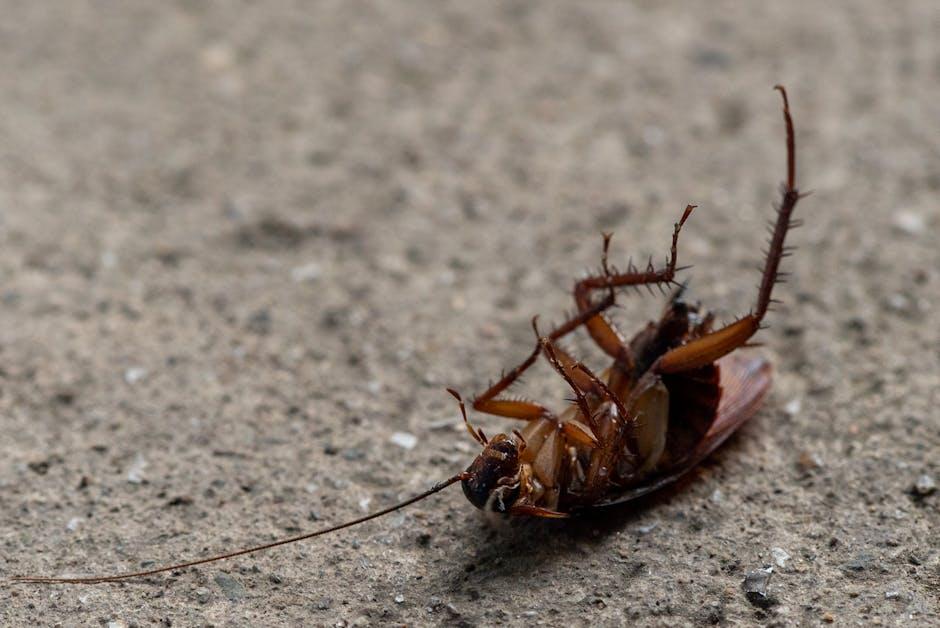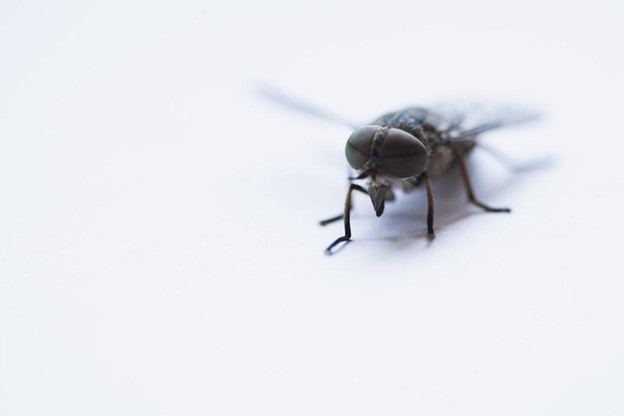Pest infestations can feel like a never-ending battle for homeowners, culminating in frustration and significant financial burden. Neglecting pest control isn’t just about the immediate discomfort, as it also leads to severe long-term repercussions that can impact health, property integrity, and overall quality of life. Below, we delve into the multifaceted importance of effective pest control and management strategies.
The Health Risks Posed by Pests
While many people may view pests like rodents and insects as nuisances, they can pose significant health risks. Rodents carry diseases such as hantavirus and salmonella, which can be transmitted to humans through direct contact or contamination of food and surfaces. Similarly, mosquitos are known carriers of West Nile virus and Zika. Understanding these health risks emphasizes the necessity of aggressive pest management tactics. Investing in professional pest control, like Orkin Pest Services, can help identify and mitigate these threats before they spread throughout your home. Especially for families with children, elderly relatives, or immunocompromised individuals who are more susceptible to infections, pest control is a necessity.
Structural Damage Induced by Infestations
The impact of pests goes beyond just an immediate health concern: they cause severe structural damage to properties. Termites can undermine the foundations of homes by consuming wood and, therefore, weakening the structure. Many homeowners may not even realize they have a termite issue until the damage has been done.
Carpenter ants and wood-boring beetles can also pose significant threats to wood-based constructions. Ignoring these pests can result in peaked repair costs that may escalate into thousands of dollars. Proactive pest control will safeguard against current infestations and prevent future incidents from compromising your living spaces. By taking measures to regularly inspect for pests, homeowners can protect their residences from these over-discussed yet rarely acknowledged structural threats.
The Financial Implications of Pest Control
The idea that pest management is just an aesthetic issue is misleading; it impacts finances significantly. Undertaking repairs or dealing with health-related concerns stemming from pest infestations can strain budgets and disrupt financial stability. On average, homeowners may spend anywhere from two to ten times more on remedial actions than they would have on preventative pest control.
Buyers are hesitant to invest in homes with pest problems, fearing hidden damages and health risks. On top of that, landlords can encounter legal repercussions if tenants experience health issues due to pests. Committing to regular pest management can mitigate potential financial fallout and preserve property values.
Emotional and Psychological Effects of Pest Infestations
Pest problems can wreak havoc on the emotional well-being of homeowners and tenants. The constant worry of insects scuttling or rodents rummaging through food can create anxiety and reduce the quality of life. Families with children might find it challenging to uphold a sense of normalcy knowing their environment isn’t safe.
Unexpected pest encounters can lead to panic and distress during moments meant for relaxation. Creating a pest-free living environment allows households to foster peace of mind and stability. The connection between mental health and environmental factors is becoming increasingly recognized in studies, highlighting the importance of maintaining a healthy home. Homeowners should feel secure, relaxed, and happy in their living spaces, not worried and anxious.
Environmental Considerations in Pest Management
Discussions around sustainable and eco-friendly pest control methods have become paramount. Many traditional methods can pose risks not just to pests, but also to humans and pets. Consequently, understanding the environmental impact of pest control methods can make informed choices.
Many companies now offer integrated pest management strategies that aim to minimize harmful effects. This approach utilizes a combination of biological, cultural, physical, and chemical tools to maintain pest populations below levels that warrant treatment. As awareness of environmental issues grows, communities are recognizing that pest management practices should align with a broader commitment to sustainability.
Building a Long-Term Pest Management Strategy
To truly address pest problems comprehensively, you need a long-term pest management strategy. Start by regularly surveying your property to identify vulnerabilities, most notably cracks in the foundation or standing water. These areas serve as entry points for pests, so maintaining an annual inspection can prevent infestations from taking root.
Even consider integrating preventative measures, such as sealing food in airtight containers and maintaining proper sanitation practices within the home. Collaborating with professionals to set up a long-term pest management plan can ensure that issues are addressed before they escalate. Investing time and resources into developing a sustainable long-term strategy maximizes the chances of maintaining a pest-free environment.

Pest issues extend beyond visual inconvenience — they encompass health threats, structural risks, and significant emotional stress. Prioritizing an effective pest management strategy not only protects property and finances but also fosters a more serene living atmosphere. Understanding and addressing these multifaceted issues allows individuals and families to thrive in a safe, healthy environment.










